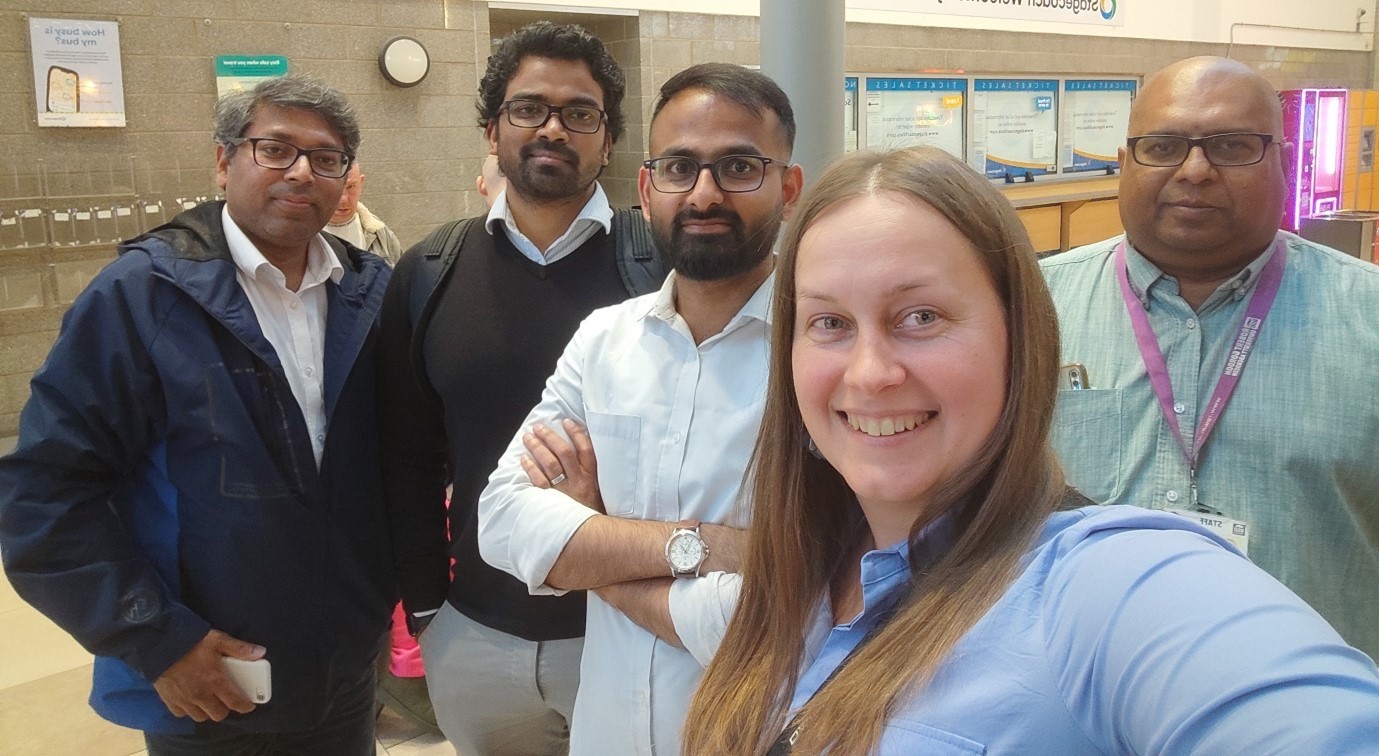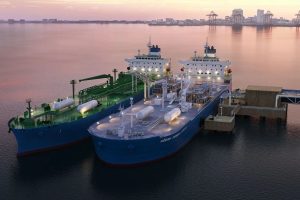SOSE systems operate within a temperature range of 600°C to 900°C, and the associated cathode, electrolyte, and anode layers were manufactured with thermal spray and dip coating techniques.
Advances in the design of the cell, as well as in the materials and their arrangement, were made in the laboratory during the project. All of this contributed to the performance of the system.
Led by RGU’s School of Engineering, in collaboration with the University of Surrey, the research demonstrated that the tubular electrolyser cell provides improved performance. This means the design has a higher hydrogen production rate compared to existing cells.
Further research is required to develop manufacturing techniques that prevent cracking when the system operates at high temperatures. Another move forward for the team and the project would be to focus on upscaling and conducting a life cycle assessment (LCA) before it becomes a commercial product.
The research was funded by the Engineering and Physical Sciences Research Council (METASIS, EP/W033178/1), with co-investigators Prof. Qiong Cai and Dr. Bahman Horri from the University of Surrey. Dr. Victoria Kurushina (PDRF), Dr. Ajith Kumar Soman (PDRF), and Vinooth Rajendran (RA) worked on various aspects of this project.
Professor Nadimul Faisal (METASIS lead investigator), from RGU’s School of Engineering, said: “Developing electrolyser cells with enhanced hydrogen production and their scalable manufacturing can play an important role in enabling not only eco-friendly development but also cost-effective, reliable, and sustainable opportunities. This project has the potential to advance technology to produce green hydrogen and thus we will exploit the outcomes and commercialise the product.”
Professor Mamdud Hossain, from RGU’s School of Engineering, said: “This EPSRC funded project gave us an opportunity for building something from scratch through fundamental research. We have shown our technology works and provide a better performance compared to existing design. We are seeking further partners to take the technology near to market.”
Dr. Anil Prathuru, Lecturer at RGU’s School of Engineering, added: “Solid oxide electrolyser technology is set to play a key role in UK’s energy goals. Scalable manufacturing is a potential issue. This project gave us the opportunity to try some unique ideas towards enhancing the operational efficiency and demonstrate a highly scalable method of electrolyser manufacture.”






